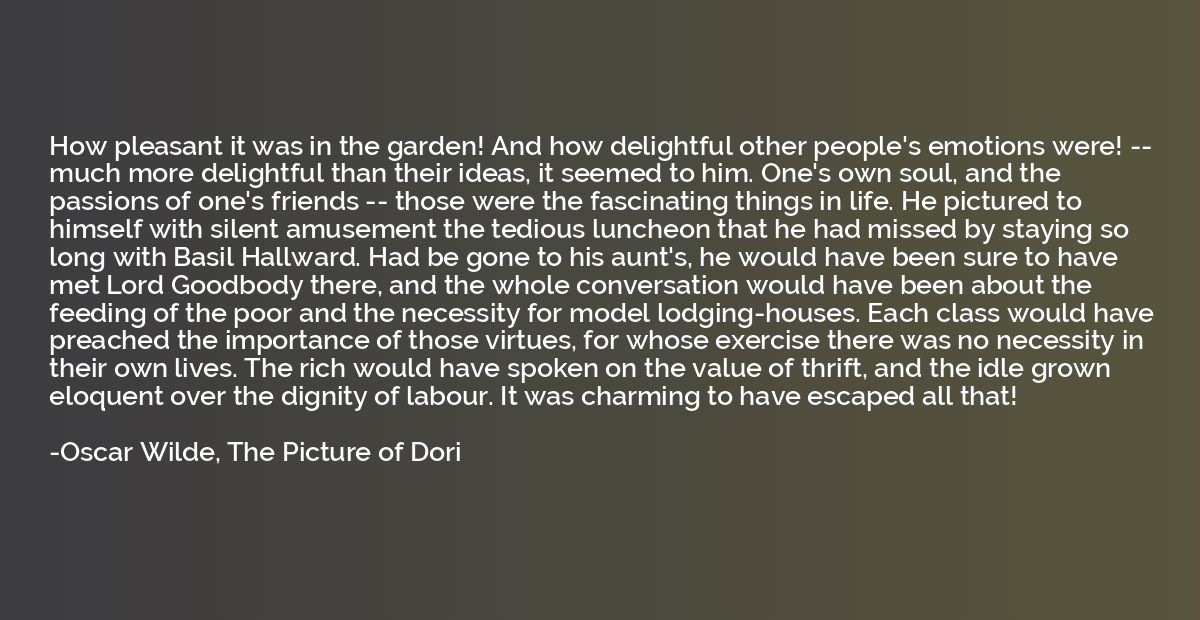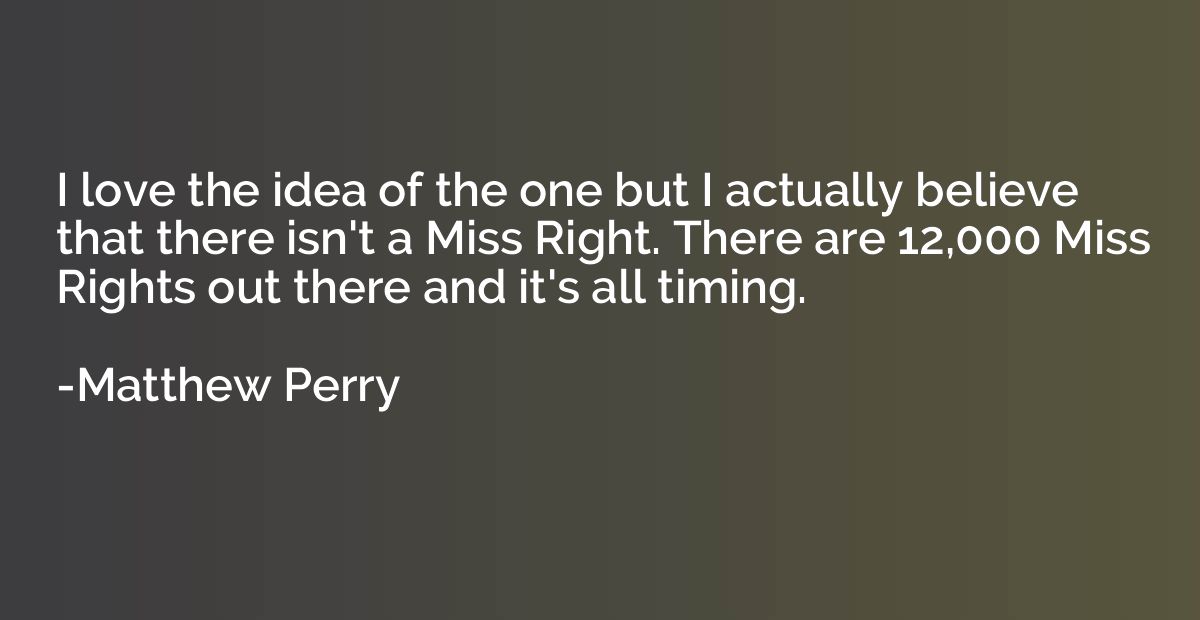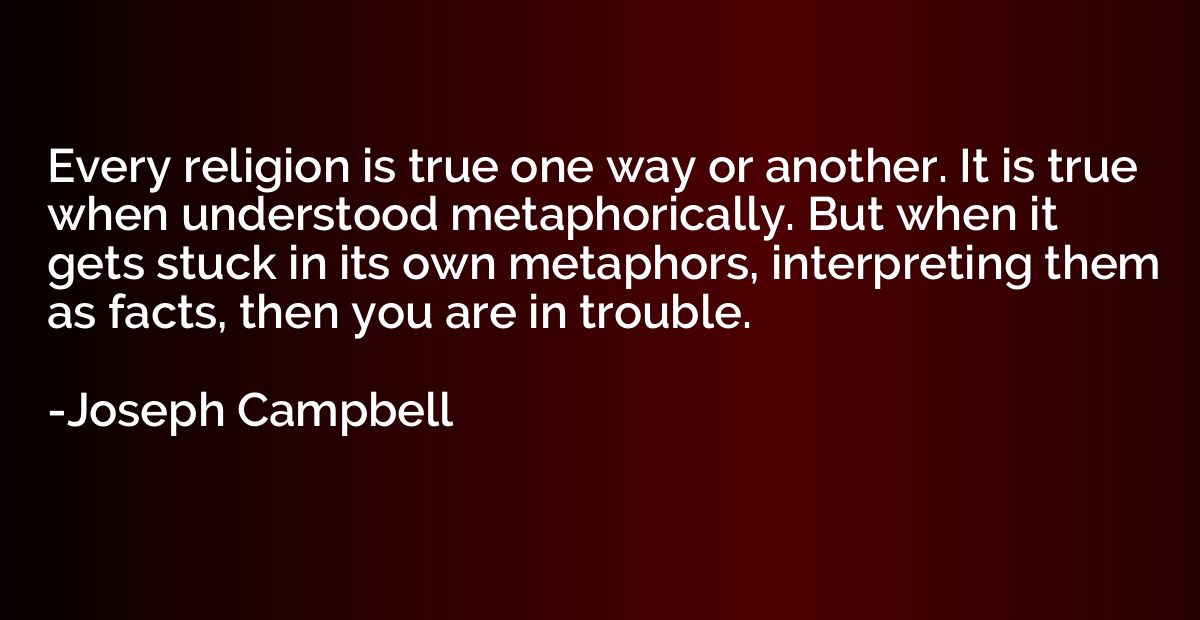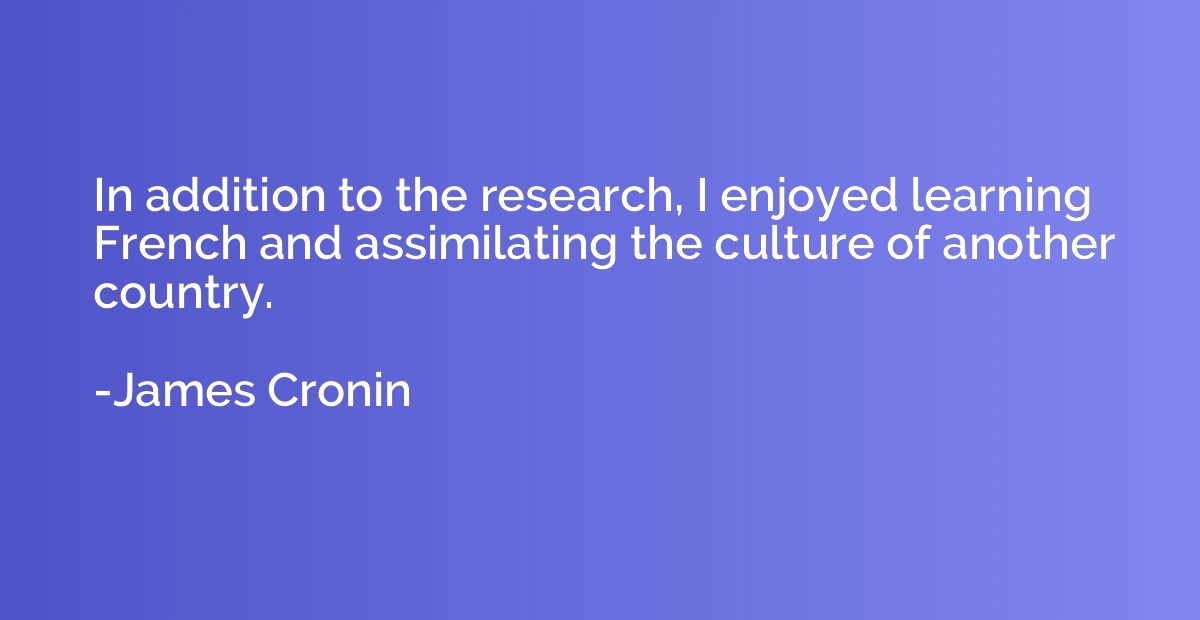Quote by Oscar Wilde, The Picture of Dori
How pleasant it was in the garden! And how delightful other people's emotions were! -- much more delightful than their ideas, it seemed to him. One's own soul, and the passions of one's friends -- those were the fascinating things in life. He pictured to himself with silent amusement the tedious luncheon that he had missed by staying so long with Basil Hallward. Had be gone to his aunt's, he would have been sure to have met Lord Goodbody there, and the whole conversation would have been about the feeding of the poor and the necessity for model lodging-houses. Each class would have preached the importance of those virtues, for whose exercise there was no necessity in their own lives. The rich would have spoken on the value of thrift, and the idle grown eloquent over the dignity of labour. It was charming to have escaped all that!

Summary
This quote, taken from Oscar Wilde's novel, "The Picture of Dorian Gray," highlights the protagonist's disdain for intellectual conversations and discussions centered around social issues. Dorian Gray finds more pleasure in the garden's ambiance and in observing others' emotions rather than engaging in conversations focused on the welfare of the less fortunate. He imagines a hypothetical and mundane luncheon he avoided, where individuals of different classes expound on virtues they themselves don't necessarily practice. By avoiding such discussions, Dorian revels in the idea of escaping the obligations and moral responsibilities necessitated by these topics.














